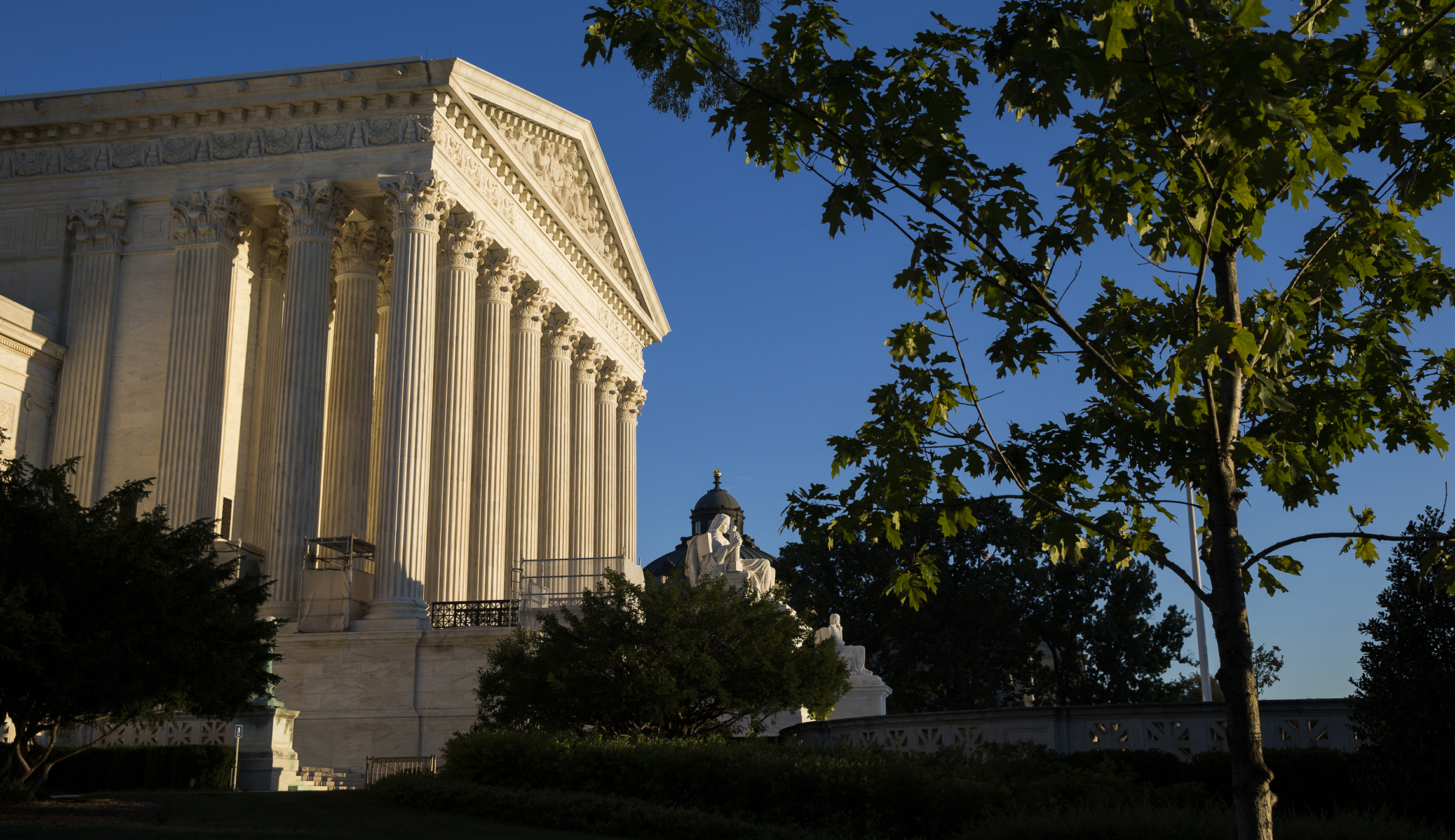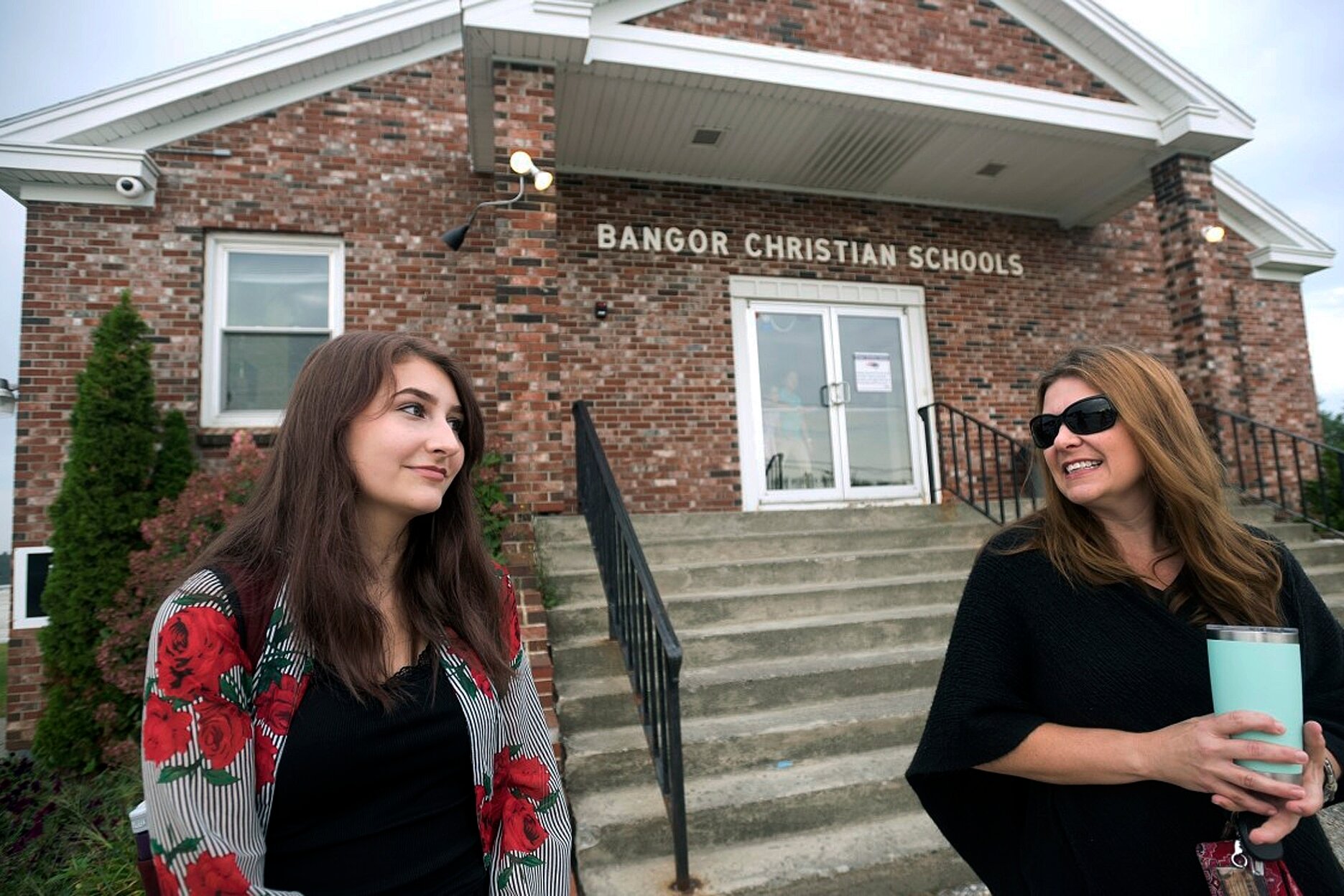Court Dismisses Challenge To Maine Law Upholding Religious Discrimination
Court dismisses challenge to Maine law upholding religious discrimination. The district court upheld a state law that bars religious schools from receiving state tuition assistance.
Bernard HorneMar 05, 20241 Shares282 Views

Court dismisses challenge to Maine law upholding religious discrimination. The district court upheld a state law that bars religious schools from receiving state tuition assistance. This ruling means that certain schools won't be able to access state funding for students, thus preventing some familiesfrom accessing a benefit available to others, according to Lea Patterson, senior counsel with First Liberty Institute.
The ruling comes after a series of legal back-and-forths over Maine's tuition program. This program allows school districts without their high schools to pay tuition for local students to attend either a private high school or a public high school in another district.
Bangor ChristianSchool (BCS), affiliated with Crosspoint Churchin Bangor, Maine, had participated in the program from its founding in 1970 until 1981. However, the state amended the law in 1981 to require participating schools to be nonsectarian, leading to the current injunction.
In 2018, three families, two of whom had childrenattending BCS, took legal action against the Maine Department of Education, arguing that the state's exclusion of sectarian schools violated the First Amendment's free exercise clause. In 2022, the U.S. Supreme Court supported the families in Carson v. Makin, ruling that Maine couldn't bar religious schools from the program.
However, Maine lawmakers worked around this decision by amending a state law, adding a new requirement for schools participating in the program. The amendment mandated that schools must agree not to discriminate based on sexual orientation or gender identity in hiring or admissions. This effectively made BCS ineligible due to its stance on marriage and sexuality.
BCS then sued the state's education department, contending that this "poison pill" law infringed upon their constitutional rights to freely exercise religion and specifically targeted the school. They also sought an injunction to prevent the law from taking effect until the case was resolved. The district court has now denied relief to the parents.
District Judge John A. Woodcock Jr. stated in the orderdenying relief that because the amended law was "neutral, generally applicable, and rationally related to a legitimate government interest," it did not violate the free exercise clause.
Although BCS contended that the law was crafted to bypass the Supreme Court's decision, Woodcock asserted that even if this were true, the law remained neutral. Furthermore, BCS claimed that the law amounted to religious discrimination and singled out BCS.
They pointed to remarks made by Maine Attorney General Aaron Frey in a 2022 newsrelease. Frey stated that BCS' educational approach was "inimical to a public education" and criticized the Supreme Court's ruling for fostering intolerance and bigotry.
“„These schools promote a single religion to the exclusion of all others, refuse to admit gay and transgender children, and openly discriminate in hiring teachers and staff.- Maine Attorney General Aaron Frey
Woodcock rejected BCS's argument that both the law and Frey specifically targeted the school. Although acknowledging that Frey's comments lent some support to BCS's claim, Woodcock emphasized that Frey was not involved in the enactment of the law as a member of the Maine Legislature. He further stated that there was insufficient evidence to suggest that either the law or Frey intended to hinder or restrict religion.
First Liberty Attorney Patterson expressed respectful disagreement with Woodcock's assessment. She argued, "We think that when the attorney general, in his press release about Carson, specifically went through our client’s religious beliefs and criticized them, that… is excellent evidence of targeting."
Woodcock also recognized the challenges the law imposes on BCS but emphasized that these challenges did not outweigh the potential difficulties the state might face if it couldn't fully enforce its educational anti-discrimination laws.
Patterson noted that the judge's order, while denying relief, acknowledged the significance of the questions raised in the suit. She believes that subsequent updates to the law affecting single-sexschools may have influenced the decision to reject the preliminary injunction.
In the ongoing case, BCS's next steps involve either appealing the denial or awaiting the suit's progression to discovery and trial, according to Patterson. Meanwhile, in Vermont, Mid Vermont Christian School has faced similar challenges in receiving state tuition payments due to religious beliefs.
Last November, the school filed a lawsuit against multiple state agencies for religious discrimination after being barred from interscholastic sports and denied tuition reimbursements for students. The case is still pending, with motions set for a hearing on April 19.
Patterson emphasized that tuition assistance programs aim to expand educational opportunities for parents and children. The lawsuit seeks to ensure that religious parents have equal access to these benefits.
“„Religious organizations and religious parents should not be penalized because they choose to send their children to religious options. I would just always encourage parents that it's worth fighting for those educational options for their children and they should not have to face religious discrimination when they select a school.- First Liberty Attorney Patterson
Latest Articles
Popular Articles
